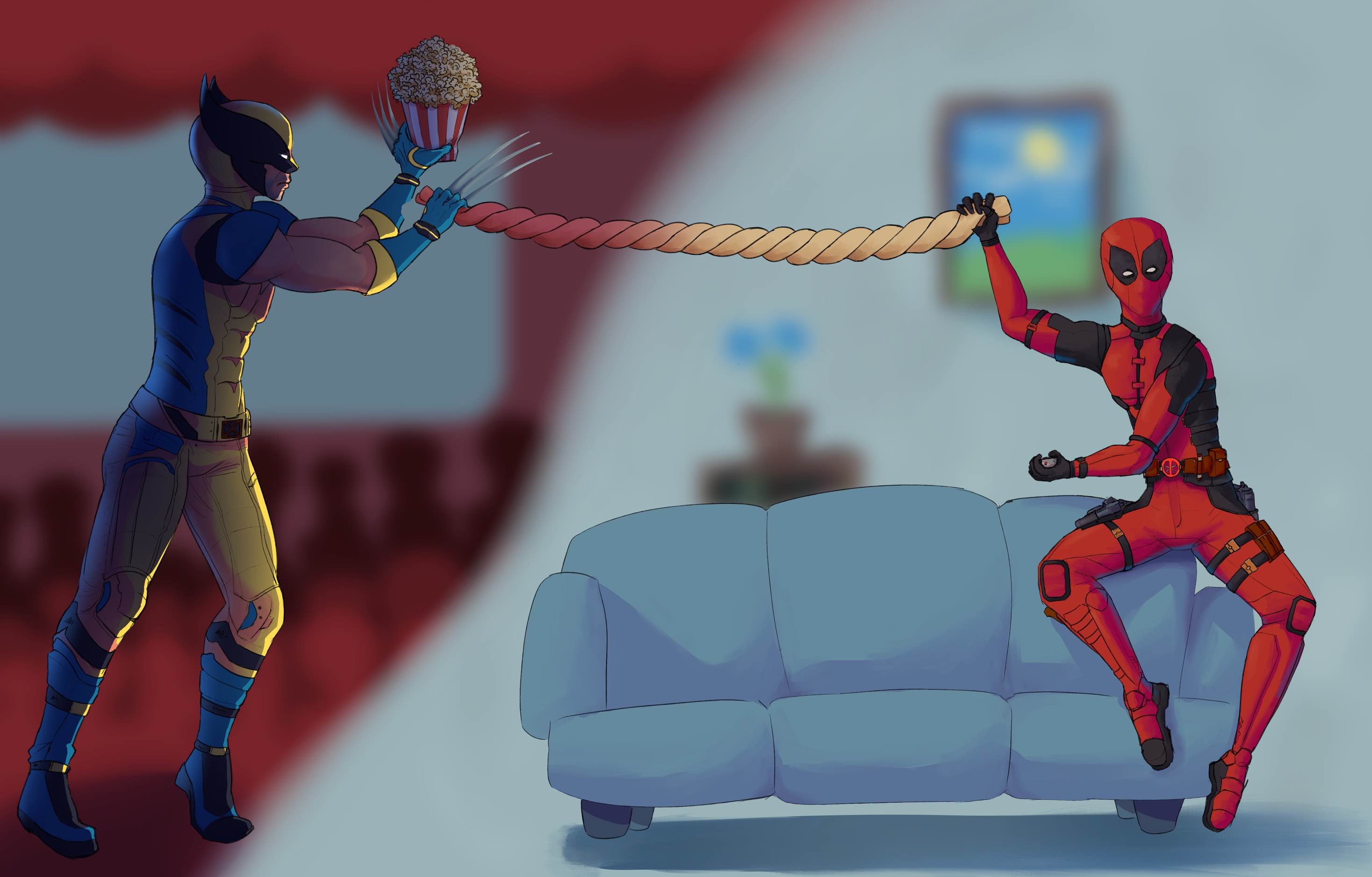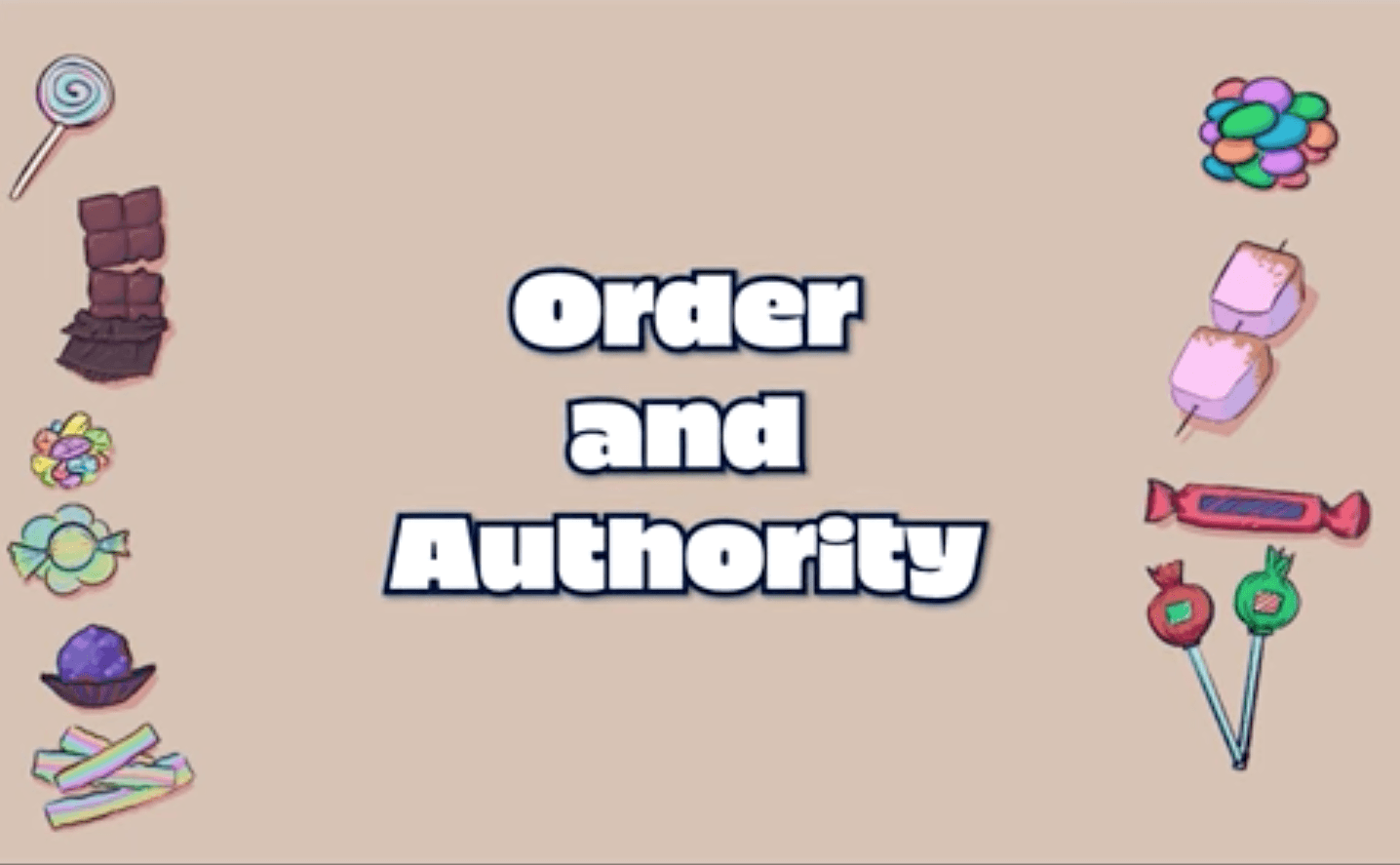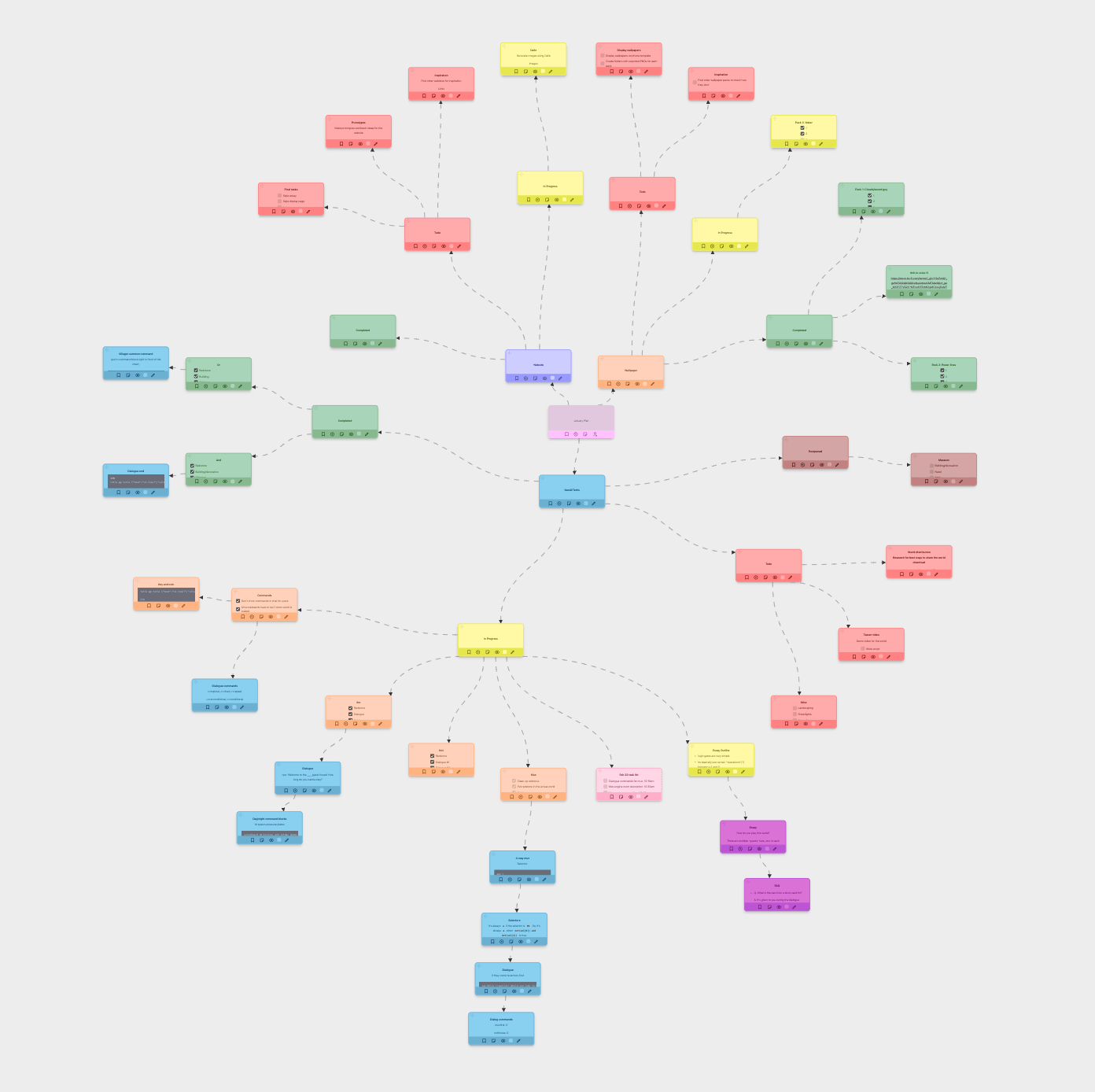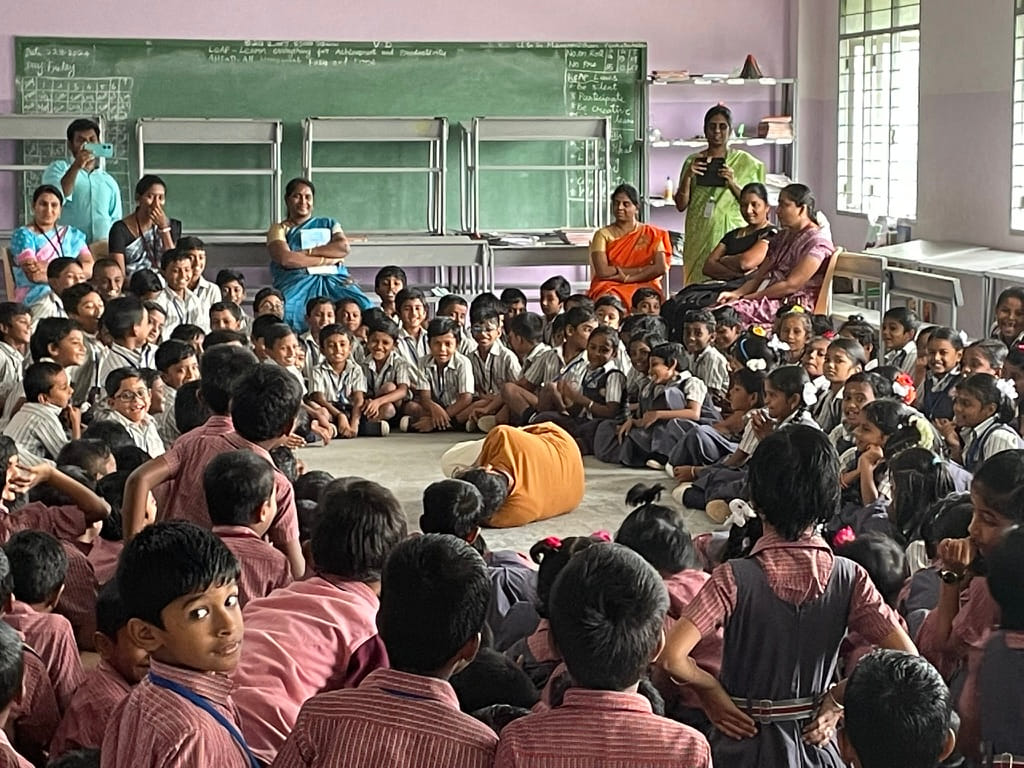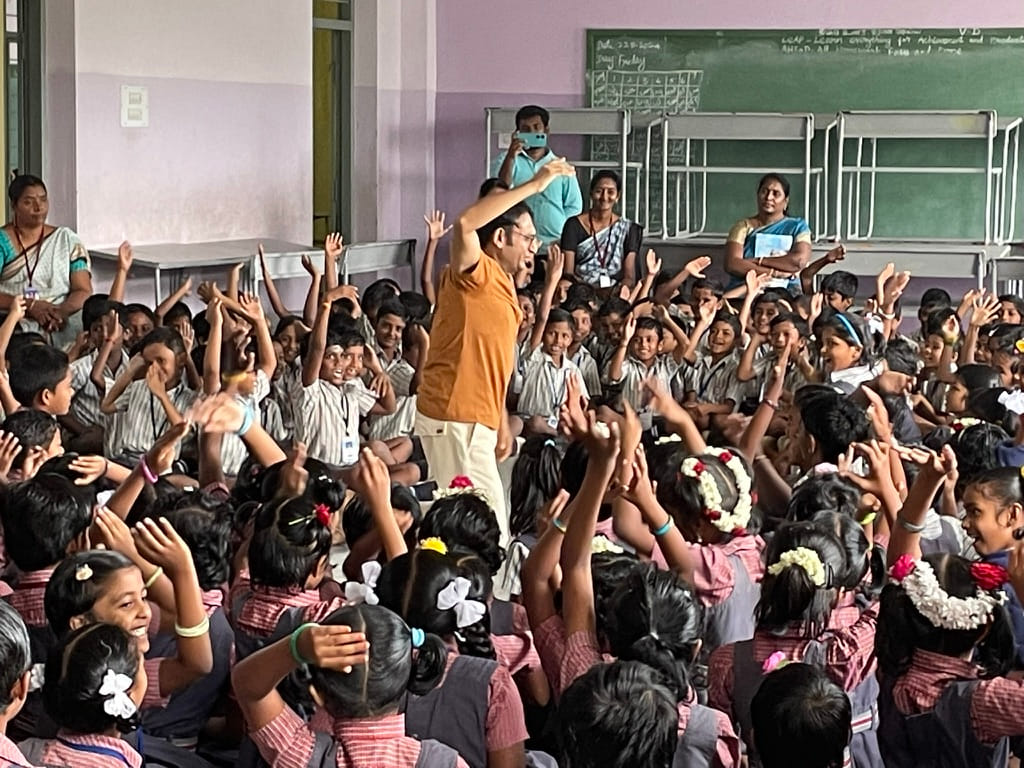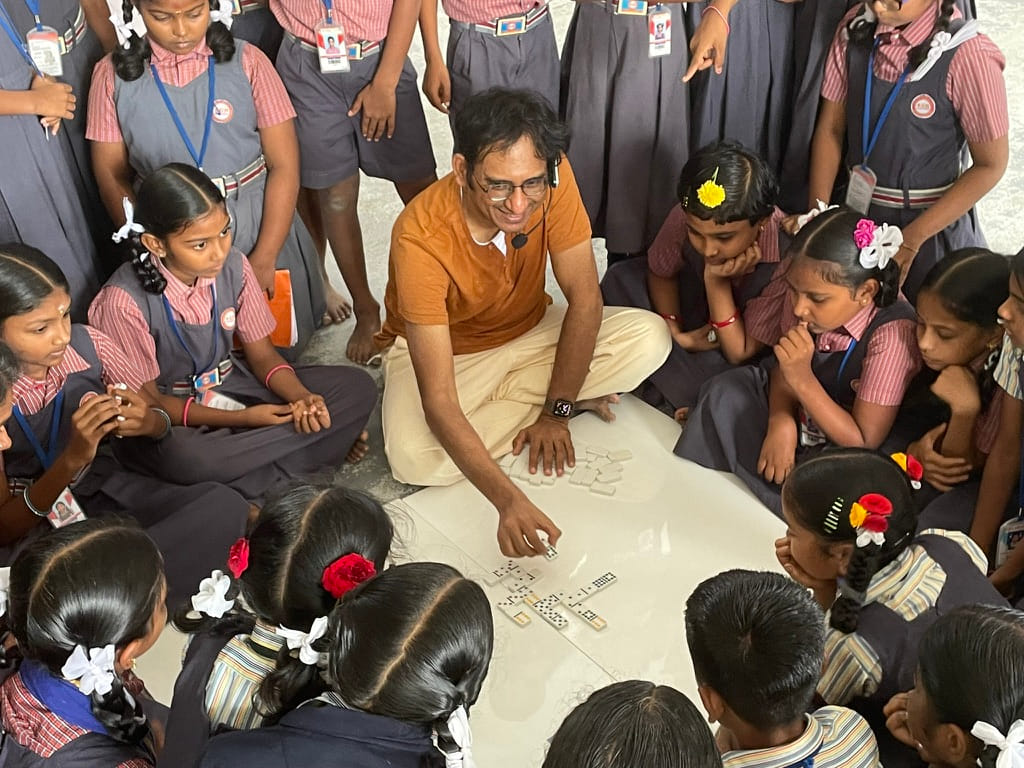Background
This is an ongoing series of posts where we talk about our progress in research, curriculum coverage and experimentation with teaching and learning as a pathway towards creating the next Nalanda.
You may appreciate this post more if you catch up on the previous posts:
Why do we write these posts?
We were made aware very recently that these posts may come across as showboating especially since our first learner is also our son. Before we show our progress, I’d like to take some time to clarify our intentions.
We started Puthir V1 with lofty ambitions, purest of intentions, to see if we can work alongside the system, build a parallel school to fill the gaps. While we found a lot of success in it, the impact we were looking for required a lot more time with the learners and more resources. It also required a bit more exposure and awareness among parents for sustained success.
Taking an experimental path in learning requires a lot of effort, persevering through trials and errors and sustaining creative failures while enjoying periods of ecstatic joy interspersed with some deep lows. The methods we employ in learning and teaching, the curriculum we are building up are all experimental. We also need a lot of technological assistance and infrastructure to bring it to everyone.
Writing about our progress, we hoped, gives an opportunity for everyone to peek into our windows to see how we are doing, borrow anything that can be fit into the current system and strike interesting conversations and connections around our work. It also grounds us in reality and keeps us accountable when operating outside an established system.
Why not write papers? Submitting papers to journals or for peer review without a large sample size is pointless. Furthermore, any kind of controlled experiments are only suitable for extremely specialized tests when it comes to children. The best approach in our opinion is to minimize risks, increase observation, monitor progress and report as frequently as possible.
Over the past years, we have fine-tuned the experiment, built learning infrastructure, outlined our core-philosophy and are currently listing our inspirations. We believe we have the core foundations worked out and are ready to bring it to scale gradually.
We know that bringing a large scale, systemic change will take time, buy-in from governments and institutions as well as social acceptance. There is a place for parallel schools until such a change materializes - we will be bringing back Solvers Club branches to address that need.
Our main focus remains in establishing Puthir V2 as a complete system of learning that can co-exist with the current system and we think we are ready for it at a small scale.
If you are interested in being a part of this project and share our dreams and goals, please do reach out. We are looking for committed people that can see a future made for and of extraordinary humans filled with optimism, rationality, creativity, compassion and courage.
With that out of the way, let’s get started on discussing interesting goals and outcomes.
An inquiring mind
Who having consider’d the body finds all its organs and parts good,
Who, out of the theory of the earth and of his or her body understands by subtle analogies all other theories,
The theory of a city, a poem, and of the large politics of these States;
Who believes not only in our globe with its sun and moon, but in other globes with their suns and moons,
Who, constructing the house of himself or herself, not for a day but for all time, sees races, eras, dates, generations,
The past, the future, dwelling there, like space, inseparable together.
— Kosmos, Walt Whitman
To let a complete human mind flower is an exercise in freedom. With adequate freedom comes unbridled curiosity. But to be curious about something is a very personal condition. How can education make something personal enough to be curious about?
I want you to educate my son so that he can put fundamental questions. Therefore, you must ask fundamental questions and you must be capable of finding answers to them so that you can help the boy. Otherwise, what is the good of my sending my son to you. I want you to help him live a rich life. I want him to have a rich life and I don’t know how to do it. Of course he does not know a thing about fundamental questions, but can we as educators bring about such a situation where he is bound to ask questions because you and I as teachers are asking them?
— J. Krishnamurti
Taking that question further, how can we make sure that such curiosity is not satisfied with mere surface level gathering of facts and aphorisms but dig deep to unearth possible answers to fundamental questions?
This year, we focussed on directly and comprehensively addressing these questions. But before we show how we addressed these questions, let’s discuss why these questions are important.
Why is an inquiring mind important?
In the past few weeks, two of India’s employers have called for more hours from their employees. The problem they are addressing is one of nation building. That productivity in India is one of the lowest in the world. However, they are addressing the problem at the surface level. Low productivity, more hours, problem solved.
No, no no. That’s not the issue. The reason why productivity is low is because employees are not motivated. Employees are not motivated because the work is not meaningful to them. Work is not meaningful to them because there is not a lot of creativity or groundbreaking advancement.
There is not a lot of creative work because there is not a lot of entrepreneurship. There is not a lot of entrepreneurship because the system of learning and to a large extent the system of living sucks out any and all risk taking.
When your education system encourages you to dare to dream, lets you be yourself, lets you express in your own unique way, it sows the seed of entrepreneurship in you. Courage takes root in a dream and you need to have the luxury to dream and have people around you goad you into making it happen.
The other reason for low productivity is related to work ethic. When you have a strong metaphysical foundation, work ethic becomes a natural component of your existence. When all your learning is about catering to an assembly line survivalist treadmill, your work ethic is demoted to the bare minimum needed to get through.
Now, we can probably agree that the questions we are addressing in this update are not only of highest import in general, but also timely.
Economics
So far in our curriculum, we have been focusing on hard (well, everything we do is hard, but in this case hard as in deterministic, like Math or Programming) sciences. This year, our focus was on analysis, interpretation and visualization.
Our learner’s first work product this year is an introductory essay on economic theories titled as, curiously enough, Deadpool Decisions.
The article starts with a story, leads you into an arc that highlights a dilemma and then the story is used as canvas to draw upon a few economic principles to discuss in its context. The essay is illustrated with his art and also has a timeline visualization to illustrate the impact of the decisions.
We are very proud of his work and are looking forward to seeing the series continue for a long time as there is a lot of depth to learn, understand, contemplate and inquire.
Please read through the work before we move onto the next section.
Hope you enjoyed the article. Now let’s talk about the various outcomes from this work:
- He has demonstrated a good grasp of economic principles by explaining them in the context of a real-life’ish story.
- He has demonstrated his ability to write clearly about a topic that is relatively difficult to explain.
- He has demonstrated his skill in data visualization and animation.
- He has demonstrated his ability to use his artistic skills to embellish fairly technical content.
- He has created a SocratiQ exploration as a teacher that can be used by anyone to learn some of these principles. You can also look at his own journey into the exploration to learn together with him or your friends.
We have answered a few questions here. We have shown that you can bring personal curiosity into topics as dry (for a teen) as Economics. We have shown that you can learn and produce work products at the same time addressing the productivity and work-ethic related concerns we surfaced earlier. We have also shown that personal interests (in this case his art) can be integrated into learning so that learners can derive meaning from work at an early age.
But he does not stop there.
Ethics, Metaphysics & Epistemology
The story has an economic angle to it but it also grapples with a complex ethical quandary. In a companion article, he mulls over the ethical conundrum trying his hand at sense making from core ideas.
Once again, he begins his work with a narrative that sets the context for the inquiry and then begins his analysis with a series of what ifs and how elses to arrive at definitions for foundational ideas and formulates a foundational principle as solution for an ethical quandary.
Please have a read so that we can analyze the outcomes.
- He has demonstrated a knack for breaking-down complex structures into fundamental ideas. Now, keeping in mind that many of these require significant amount of life experience to comprehend, much less breakdown, even a naive attempt to whittle down these ideas lays the foundation for further contemplation when opportunity arises. That said, we believe that his break-down is well put together.
- He has demonstrated his ability to convert a metaphysical discourse and dialogue into an essay form.
- He has demonstrated his ability to use his artistic skills to embellish fairly technical content.
- He has created a SocratiQ exploration as a teacher that can be used by anyone to learn some of these principles. You can also look at his own journey into the exploration to get a completely different perspective.
We have shown that you don’t have to wait until undergraduate degree to engage learners in complex topics. We have shown that asking and answering fundamental questions (like What is Order?, What is Authority?) can help learners connect with the world around them in much a more informed manner. It also lays the foundation for richer discussions when other topics like civics or economics are studied.
SocratiQ
While our work this year relied heavily on human facilitated sessions to introduce the learner to complex ideas, we used SocratiQ as both an assessment tool and an exploratory device for the learner to gather more perspective and receive personalized feedback.
We will write more on how we used SocratiQ for this purpose in the SocratiQ Newsletter soon.
Next Steps for our learner
We are super happy this year that we were able to take our learner through complex analysis of some important topics. We are proud and immensely satisfied with his progress and are looking forward to seeing him take these ideas further as he gains knowledge / experience.
We are also elated that we could go beyond the “hard” topics and venture into softer topics with sufficient ambiguity without any trouble. We are also eagerly observing his SocratiQ explorations to see how his boundaries expand along with his exploration.
This upcoming year, our focus returns to a lot of hard Math, some foundational science and a bit of programming for fun.
Next Steps for Puthir
Some health issues and logistical concerns have delayed our opening of Solvers Club V2 branches and other programs. We are hoping to get that going in the next few months.
We are also engaging with schools this year to open embedded Solvers Club Hubs as part of their co-curricular time. We were elated to introduce Kayal to yet another group of young buds to bloom with.
Please Reach out if you are interested in having an embedded Solvers Club in your school.

